Today we speak with Ana Soler, second-generation family member and current Chair of the Board at JULIAN SOLER S.A.
With a clear, calm vision, deeply rooted in her father’s legacy, Ana invites us to discover the essence of a company that has successfully professionalised without losing its soul one that now exports concentrated grape must to over 60 countries from the heart of Castilla-La Mancha.
In this conversation, we revisit her childhood among grape trailers and lorries, explore her journey through the company, her commitment to meaningful art through VIDARTIS, and her unique leadership style grounded in responsibility and creativity.
We begin with a personal question: Who is Ana Soler? How would you describe yourself?
Allow me a smile, because just the other day I heard someone in the industry refer to me as “the painter”, and I found it quite amusing to be described that way. While I don’t identify with that label, I do relate to the qualities that are often associated with any artistic discipline creativity, perseverance, and a genuine passion for one’s work.
My father used to say he had “passed on” his enthusiasm for the company to us, and I truly believe that’s what happened.
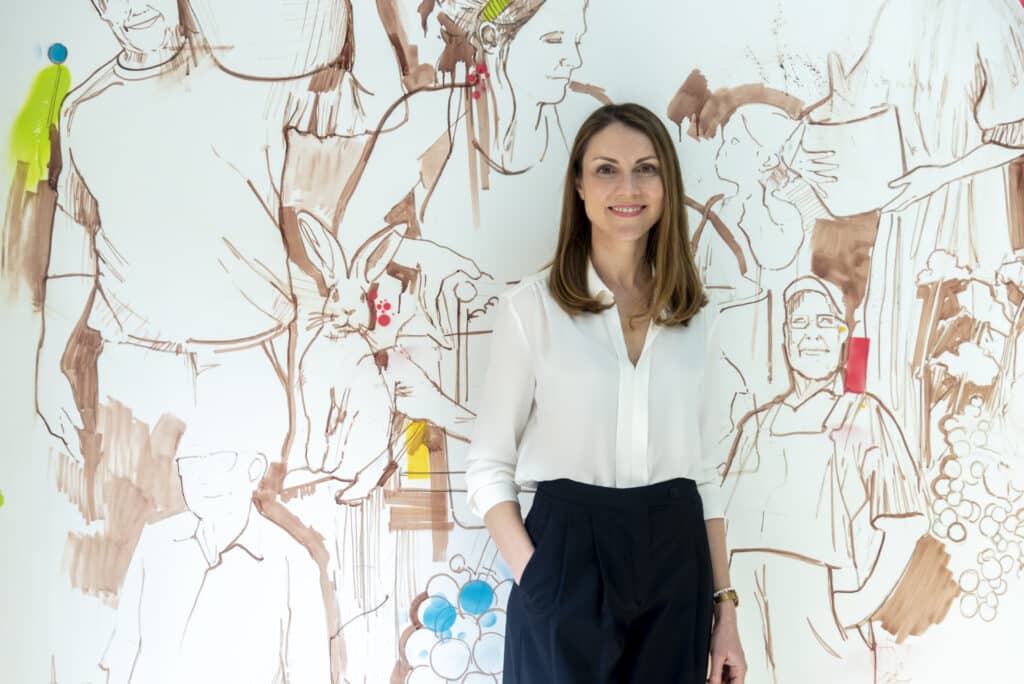
You are the sixth daughter of Julián Soler Marqués, founder of the company. What was it like growing up in a family business? How would you describe your childhood at Julián Soler?
Over the years, I’ve come to realise how much being born into a family business has shaped my life, both personally and professionally. I grew up in a house right next to the first must production facility. I learned to ride a bike in the very same courtyard where the lorries were loaded, and my first Game Boy was a gift from a Japanese client. To me, the company was part of my family and my family, part of the company.
I believe that this deep-rooted connection to our family legacy, which began in my childhood and is shared with my family-shareholders, has allowed us to evolve, innovate, and adapt to change ensuring the company’s sustainability over time.
In this respect, I’d like to highlight the work done by regional family business associations such as AEFCLM, of which we’re a member. Beyond supporting the development of family-owned companies, they also offer valuable tools to help future generations stay connected to the business such as the Family Business Forum or the Next-Generation School.
You’ve worked in various departments and held multiple leadership roles at JULIAN SOLER over nearly 17 years. Which role have you enjoyed the most, and which has been the most challenging?
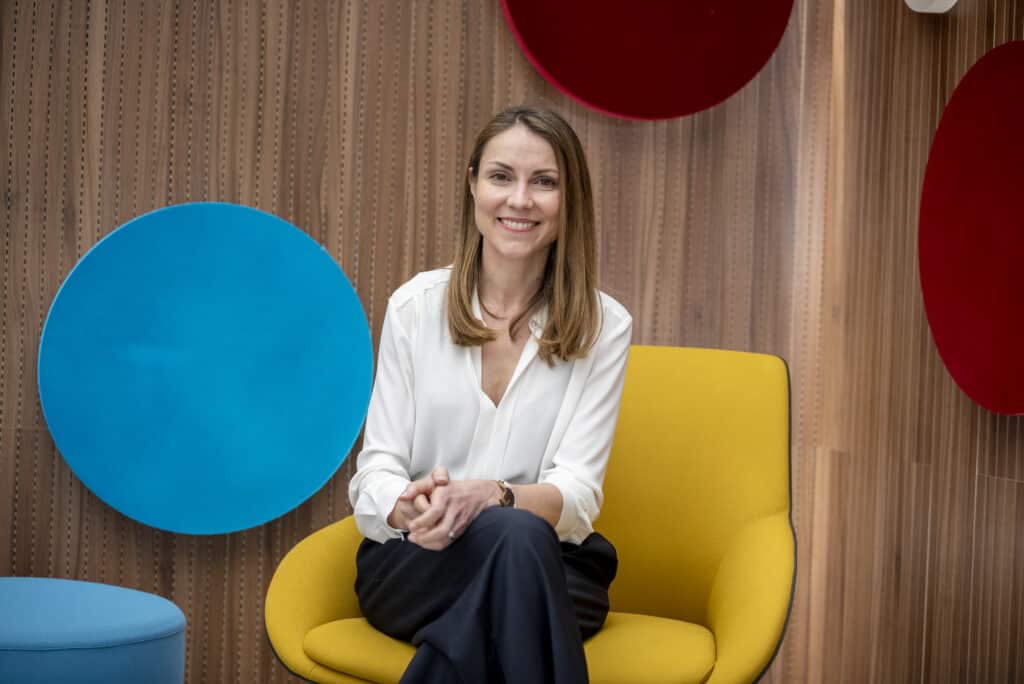
I look back fondly on my first grape harvest at JULIAN SOLER taking samples from trailers and handing out sandwiches during the afternoon break. Those early years in the lab gave me a hands-on understanding of the product, and that foundation was essential for fully appreciating the roles that followed in logistics, exports, quality/R&D, sales… The biggest challenge comes around every year with each new harvest. My father used to say that while the campaigns may come one after another, no two are ever the same. Each brings its own set of challenges, and we face them as such with adaptability and resilience.
You’ve been Chair of the Company since 2022. What would you say is your greatest achievement so far?
I’m not sure if it qualifies as an achievement, but I do feel that I’ve fulfilled my main goal: guiding JULIAN SOLER through a transition from a traditional management model to a professionalised one while staying true to the company’s social commitment and the human values that have always defined us.
As a family business, our responsibility goes beyond mere profit; we are custodians of a culture and a set of values, and it’s our duty to honour that legacy and take it to the next level. What’s the key to doing this successfully? In our case, both the generational transition and the shift in management model were made possible thanks to the involvement of independent experts who supported and guided us throughout the process. I consider that role essential to ensure the long-term success and sustainability of any family business.
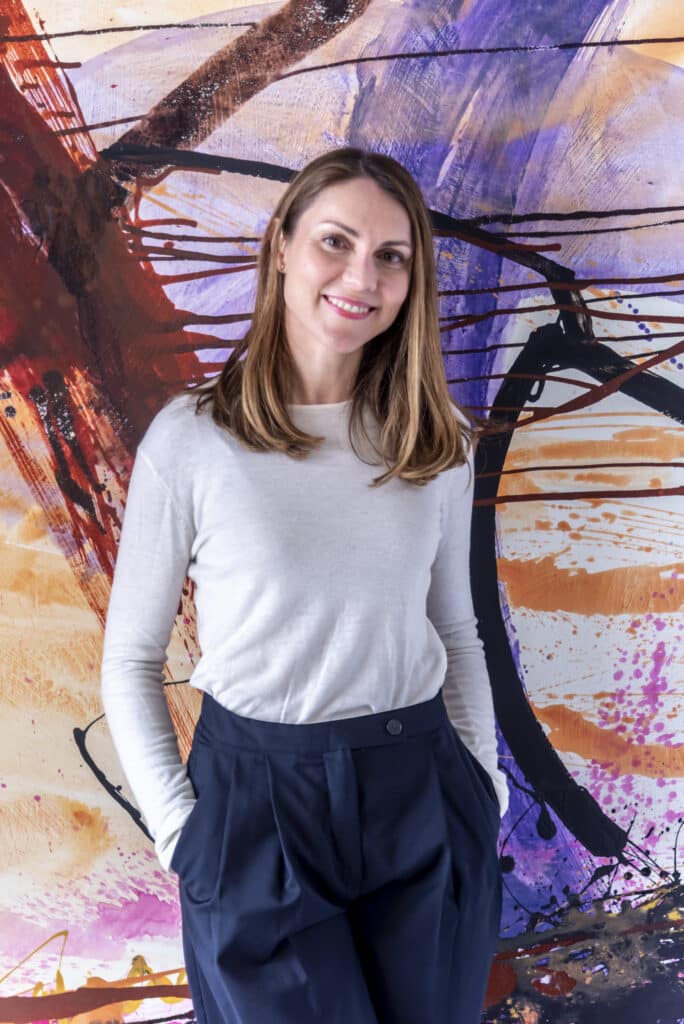
I’m a strong advocate for professionalised family businesses
those that preserve their legacy while implementing solid corporate governance structures. This is one of the key pillars a company needs in order to grow.
At JULIAN SOLER, we have an Executive Management Team with full decision-making autonomy, operating alongside a Family Governance System which includes the Board of Directors I currently chair. In our case, both bodies are aligned not only in strategy but also in values which I believe is vital for the company’s smooth and effective operation.
JULIAN SOLER is a living example of how, after a professionalisation process, both the business and the family can emerge stronger. It’s a unique opportunity to see both the company and the family bond grow together.
If you had to choose between VIDARTIS and JULIAN SOLER, which would it be?
I couldn’t choose they’re inseparable! VIDARTIS is an integral part of JULIAN SOLER and would make no sense without it. I believe the idea emerged precisely because I’d spent so many years working with grape must understanding its properties, how it’s cultivated, and the effort that goes into every litre of concentrated juice. Without that experience, I’d never have imagined taking it into the realm of art.
My father saw the company as a tool to serve society. Through VIDARTIS, we aim to reaffirm that commitment while also embracing innovation and research. There’s been a huge amount of work behind VIDARTIS, carried out alongside the University of Castilla-La Mancha (UCLM), and it’s thanks to this collaboration that we’ve been able to develop a grape must ink that remains stable over time.
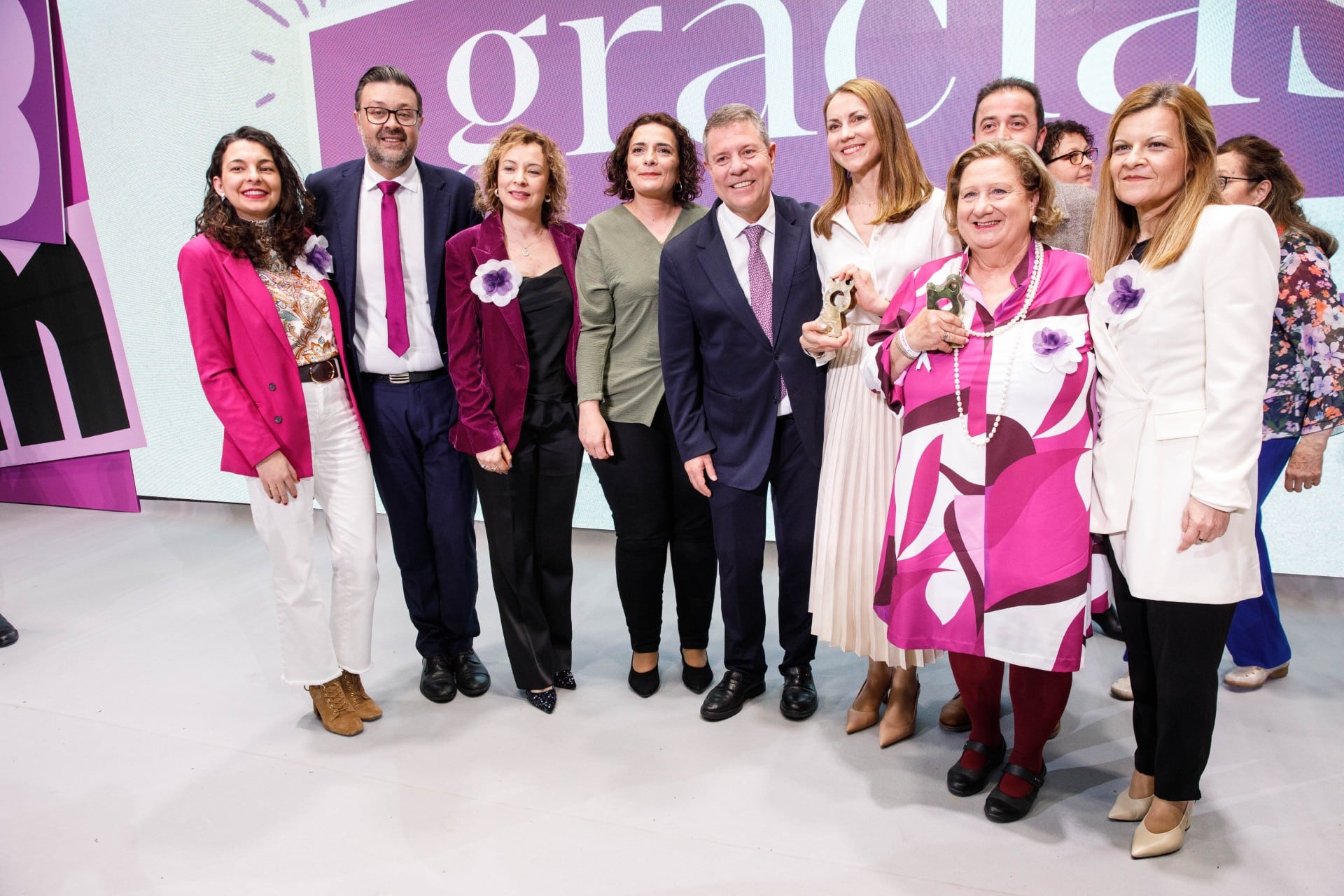
I feel proud and motivated to be part of a company that doesn’t just seek economic returns but also strives to make a positive impact on society. Even more so when that work is recognised externally such as the award we received from ASAJA last year, or more recently, the recognition from the Government of Castilla-La Mancha, naming VIDARTIS as a flagship project for promoting equality.
In a few days, you’ll be celebrating the 50th anniversary of your traditional 1st of May event. Can you give us a sneak preview of what’s planned?
While I can’t reveal too much (we want to keep the element of surprise!), I can say that we’re putting a lot of heart into organising it so that everyone who joins us feels part of this very special celebration.

It’s been 50 years since the original group of employees decided to give Labour Day a new meaning spending it together at the company, with their families, as a day of connection and camaraderie. We’ve kept that tradition alive ever since, and this coming 1st of May, we hope to celebrate it with more than 200 people friends, collaborators, and essential links in our business journey.
I’ve had the privilege of experiencing many of these 1st of May gatherings but this one will be especially moving, as it will be my first as Chair.
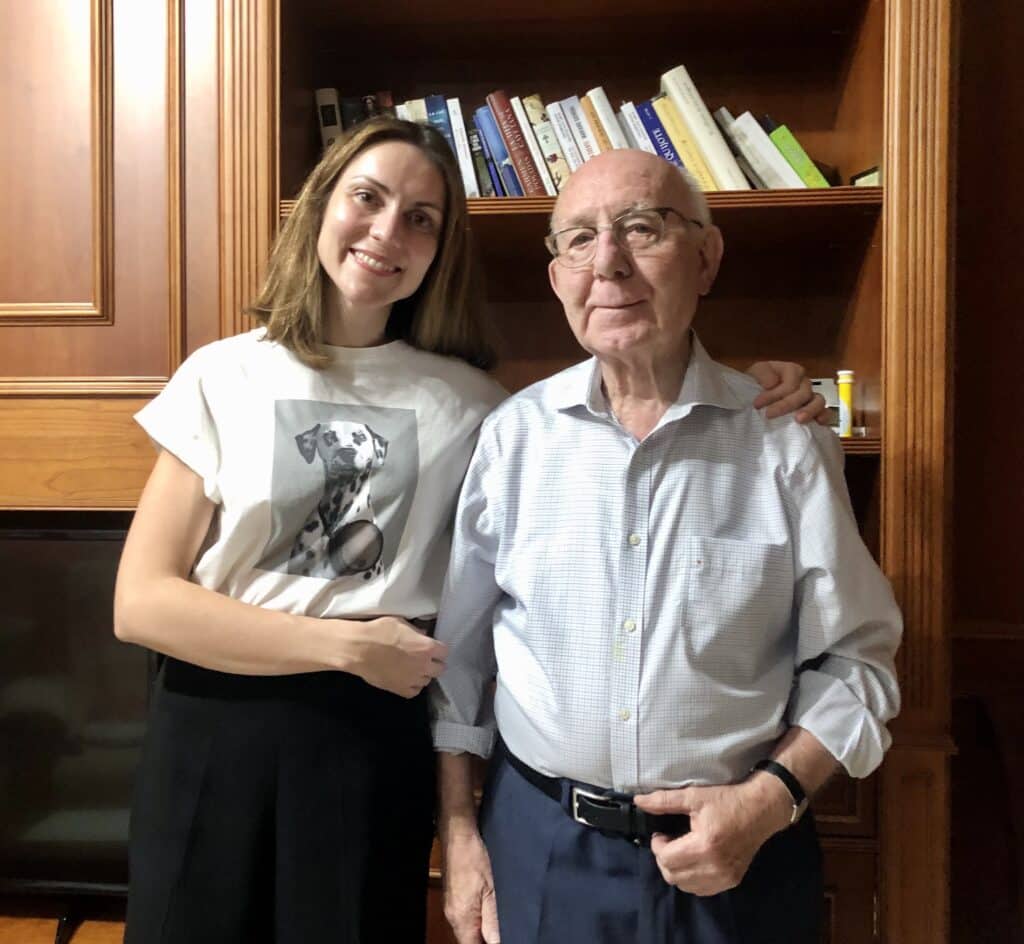
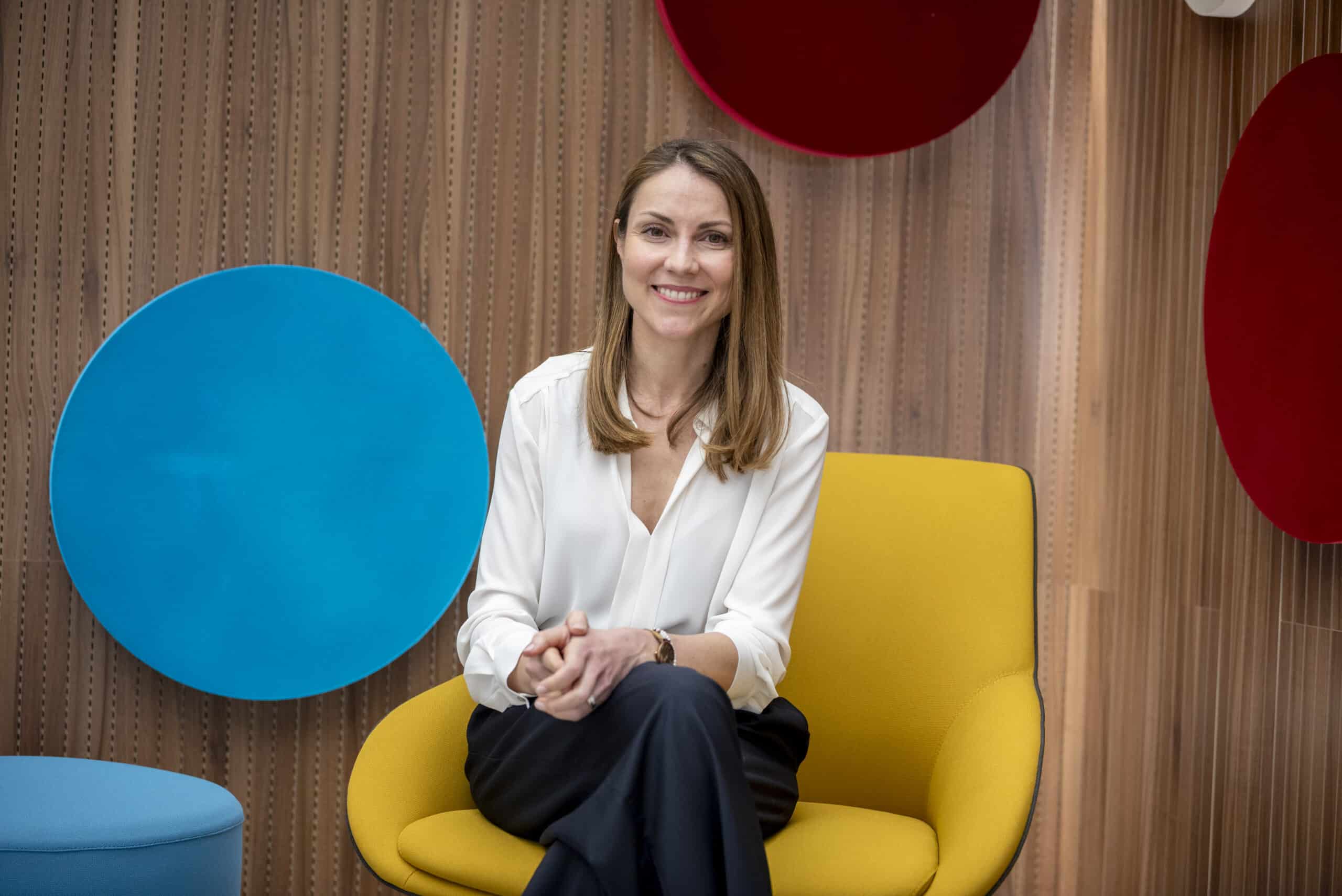

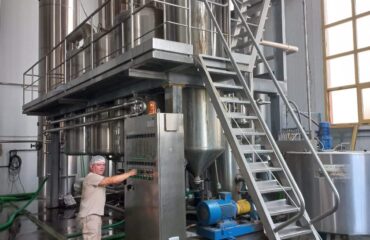
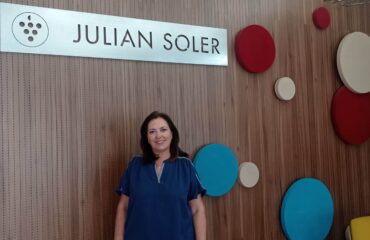
 by
by